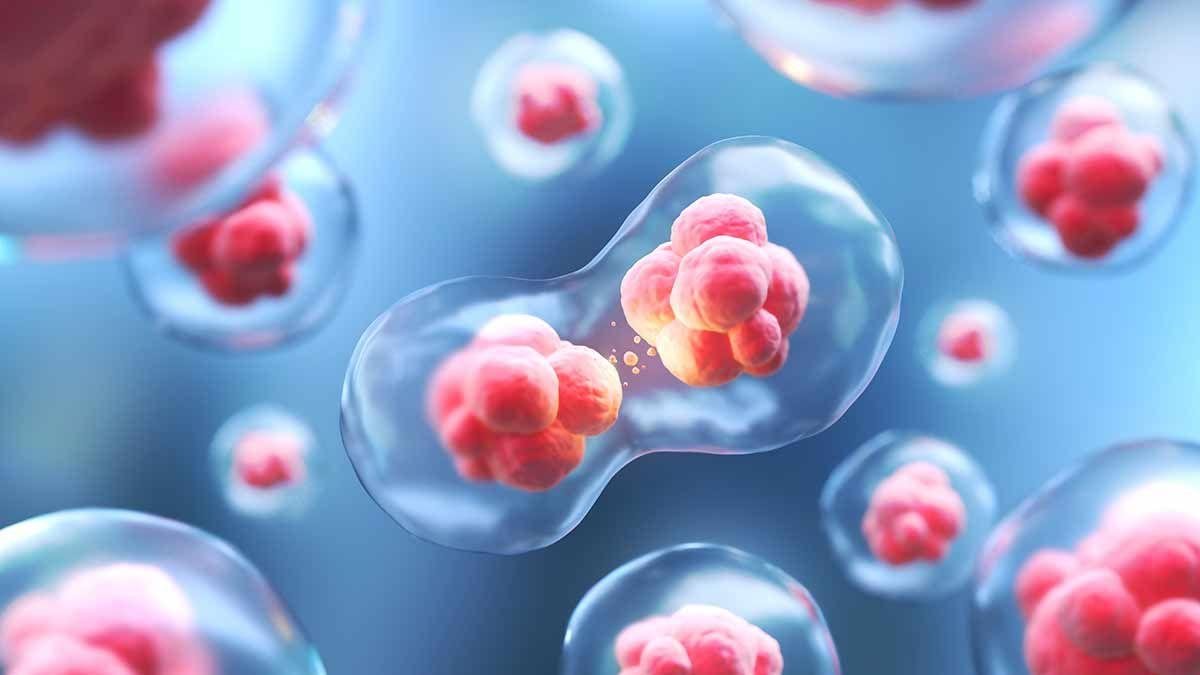The autologous cell therapy market is rapidly evolving, with numerous innovations that are transforming the landscape of regenerative medicine and personalized healthcare. These advancements are helping to expand the potential of autologous therapies, offering new possibilities for treating a wide array of diseases with precision and effectiveness.
One of the most significant innovations in the field is the advancement of gene editing technologies. Tools like CRISPR have enabled more precise modifications of a patient’s own cells, paving the way for therapies that can target specific genetic mutations. This has had a profound impact on treating genetic disorders, as well as cancers and autoimmune diseases, by allowing therapies to be tailored to the individual patient’s genetic makeup. The precision of gene editing also reduces the risk of unwanted mutations and complications, improving both safety and efficacy.
Stem cell technology continues to play a central role in the development of autologous therapies. Innovations in stem cell research have made it possible to generate tissues and organs for transplantation, or to use stem cells for repairing damaged tissue in patients with conditions such as heart disease, neurodegenerative disorders, and spinal cord injuries. These advancements not only offer new treatment options but also hold the potential for reducing the need for donor organs and tissues, addressing a critical issue in healthcare.
Additionally, improvements in cell processing and preservation techniques have enhanced the practicality of autologous therapies. The ability to efficiently harvest, process, and store a patient’s cells ensures higher success rates in treatment, reduces costs, and makes therapies more widely accessible.
In short, innovations in gene editing, stem cell research, and cell processing are pushing the boundaries of what’s possible in autologous cell therapy. These advancements are shaping a future where personalized, regenerative treatments become the standard in healthcare, offering new hope for patients with previously untreatable conditions.


